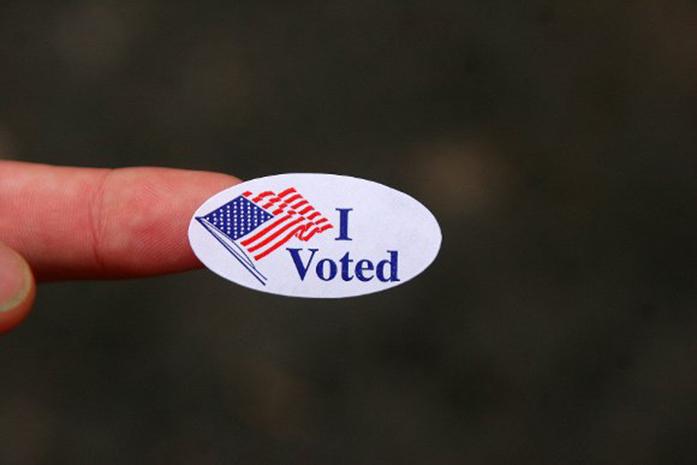By Joseph Lane
The election is finally over.
For the past year-and-a-half, conversations and media outlets around the country and the world have been dominated by the presidential election. And seemingly nothing else. But it is now mercifully over.
The arguments largely pitted two familiar foes against one another, only this time the sides became caricatures of themselves: the status quo and more of the same versus disruption and something drastically different.
Distaste for the opposition’s major-party candidate came to a head this year with the use of vote trading. A terrible practice but the perfect poster child for just how long the Electoral College has overstayed its welcome.
Vote trading or ballot trading, is a fairly simple — and surprisingly legal — practice. It works like this: a voter in a state that is all-but-certain to go red or blue, such as California, connects with a third-party voter in a swing state and they “trade” their votes. Let’s look at an example.
Call our California voter Bill and our Ohio voter Jill. Bill understands that his extra vote for Hillary Clinton in California really won’t mean much in the grand scheme of things because the state is so likely to “go blue” and give all 55 of its Electoral College votes to Clinton. Similarly, Jill (of Ohio) is a big supporter of Green Party candidate Jill Stein (for legitimate reasons — not just the similarities in their names). Jill is well-informed and understands that it is extremely unlikely her candidate will win this election, so her vote is more about contributing to the national total of votes and proving to the American public that her party of choice matters.
Moreover, Jill would like to cast her vote this way because, while she does not support Clinton, she believes Donald Trump to be the worst option possible and wants to do her part to prevent him from becoming president.
Vote-trading companies — many of which are based in Silicon Valley — allow these two voters to communicate with one another and essentially swap their votes, thereby helping both voters to achieve their goals. Bill votes for the third-party candidate in California, and Jill votes for Clinton in Ohio.
This is downright foolish.
The United States is a representative democracy, which is to say that every decision made in the country is not voted upon by all citizens, but rather, representatives are elected to make these decisions. But to be a truly representative democracy, every vote should count equally. A vote for Clinton in California should mean no more and no less than a vote for Clinton in Ohio, but the Electoral College allows for exactly this problem.
According to USA Today, the Electoral College was put in the Constitution because its crafters were actually afraid of the power of direct democracy; in some ways, they did not trust the voting public. But, as it turns out, the Electoral College has done little but feed the notion that “my vote doesn’t count.”
Countless news organizations have addressed the need to do away with the Electoral College, and the pandemonium of this year’s election and the growth in absolute disgust for the major-party candidates has proven just how true this is.










